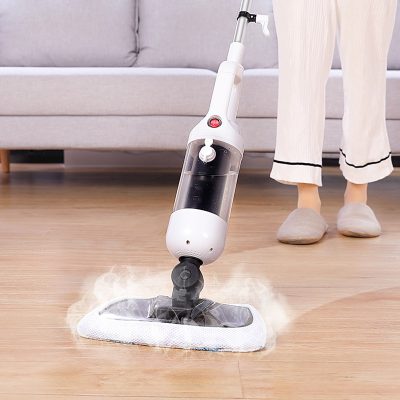
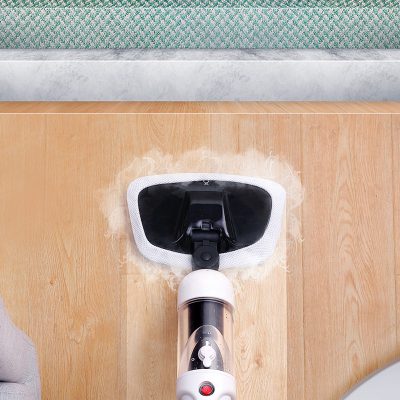
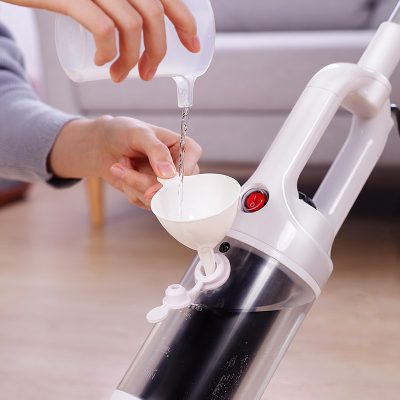
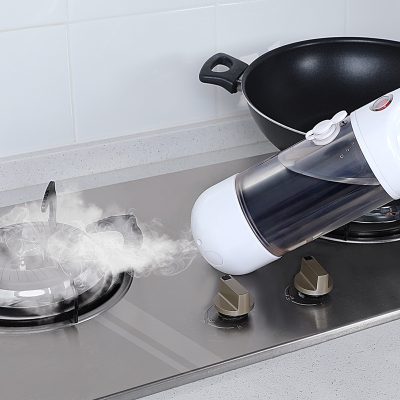
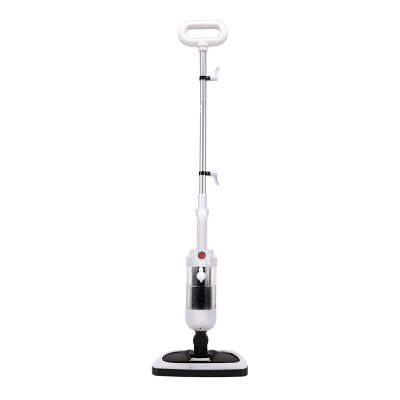
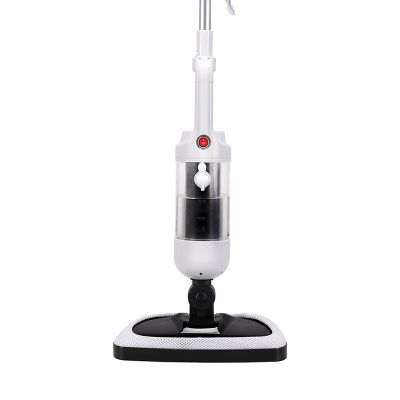
- Power Source: Electric
- Power (W): 1300
- Voltage (V): 220
- Packing: Mailbox
- Advantages: Multifunction
- Logo: Customized Logo
- Material: Pp+aluminum
- Gross Weight: 2.2kgs
- Net Weight: 2.0kgs
- Water Tank Capacity: 350ml
Basic structure:
The basic structure of the vacuum cleaner is divided into five parts according to function:
1. Power part: vacuum cleaner motor and speed regulator. The governor is controlled by hand and machine.
Motor: There are copper wire motors and aluminum wire motors.
Copper wire motors have the advantages of high temperature resistance, long life, and long single operation time, but the price is higher than that of aluminum wires;
The aluminum wire motor has the characteristics of low price, but the temperature resistance is poor, the melting point is low, and the life is not as long as the copper wire.
Speed governor: manual control type is generally air door adjustment;
The machine-controlled type is a power-type handheld button or infrared adjustment.
2. Filter system: dust bag, front filter, rear filter. According to different filter materials, it is divided into paper, cloth, SMS, and HEPA (HEPA high efficiency filter material).
3. Functional part: retractable line mechanism, dust full indicator, button or sliding switch.
4. Protection measures: no dust bag protection, high vacuum protection, anti-interference protection (soft start), overheating protection, anti-static protection.
5. Accessories: handle and hose, take over, floor brush, flat suction, round brush, bed sheet brush, sofa suction, hook, strap.
6. The principle of dust collection: The fan impeller of the vacuum cleaner is driven by the motor at high speed, and the air in the impeller is discharged out of the fan at a high speed, and at the same time, the air in the dust suction part is continuously supplemented into the fan. In this way, it may form a higher pressure difference with the outside world. The dust and dirt from the suction nozzle are sucked into the dust collection part along with the air, and pass through the leaker to collect the dust and dirt in the dust tube.
7. The original part of the vacuum cleaner: most vacuum cleaners are equipped with an assembled brush head for cleaning floors and carpets. Suction cleaners are also equipped with a series of cleaning brushes and nozzles for cleaning corners, curtains, sofas and crevices.
8. Hose: All suction-type vacuum cleaners will be equipped with a hard hose, which is used to connect the soft hose and accessories for cleaning.
9. Electric brush: The cleaning head of the internal vacuum cleaner is a special accessory for hybrid vacuum cleaners.
10. Round brush head: also called small suction nozzle, can be rotated 360°, which is convenient for cleaning furniture, fine mesh fabrics, etc.
11. Flat nozzle: also known as the gap nozzle, it is a slender, flat hard nozzle. Especially suitable for cleaning walls, radiant heaters, corners and shallow and narrow places.
12. Sweeping brush: made of long and soft bristles, suitable for cleaning curtains, walls, etc.
Vacuum cleaners are mainly composed of three parts: dust collection, dust collection, and dust filtration, generally including series commutator motors, centrifugal fans, dust filters (bags) and dust collection accessories. The power of a general vacuum cleaner is 400-1000W or higher, and the power of a portable vacuum cleaner is generally 250W or less. The vacuum cleaner can remove dust, mainly because its “head” is equipped with an electric exhaust fan. There is a wind impeller on the shaft of the exhaust fan. After the power is turned on, the exhaust machine generates high suction and pressure at a speed of 500 laps per second. Under the action of the suction and pressure, the air is discharged at a high speed, and the air in the dust suction part of the front end of the fan is constantly The air in the fan is supplemented to cause an instantaneous vacuum inside the vacuum cleaner, which forms a negative pressure difference with the outside atmospheric pressure. Under the action of this pressure difference, dusty air is sucked in. Dust and other sundries enter the dust filter bag through the carpet or floor brush, long pipe, elbow, hose, and hose joint in turn. Dust and other sundries stay in the dust filter bag. After the air is purified by the filter, it is discharged from the rear of the body.



















